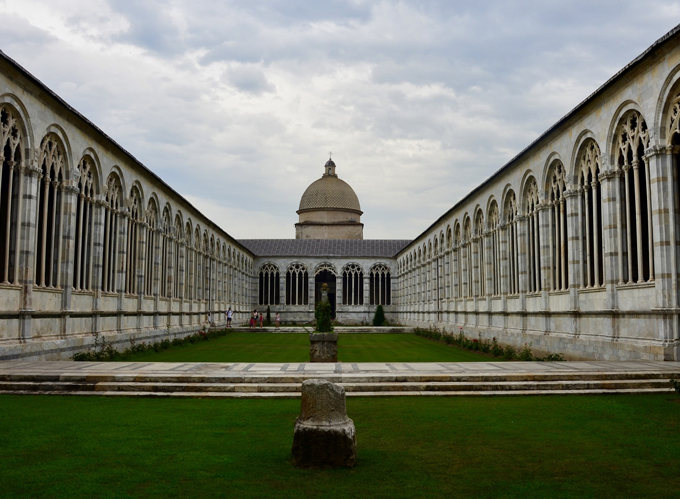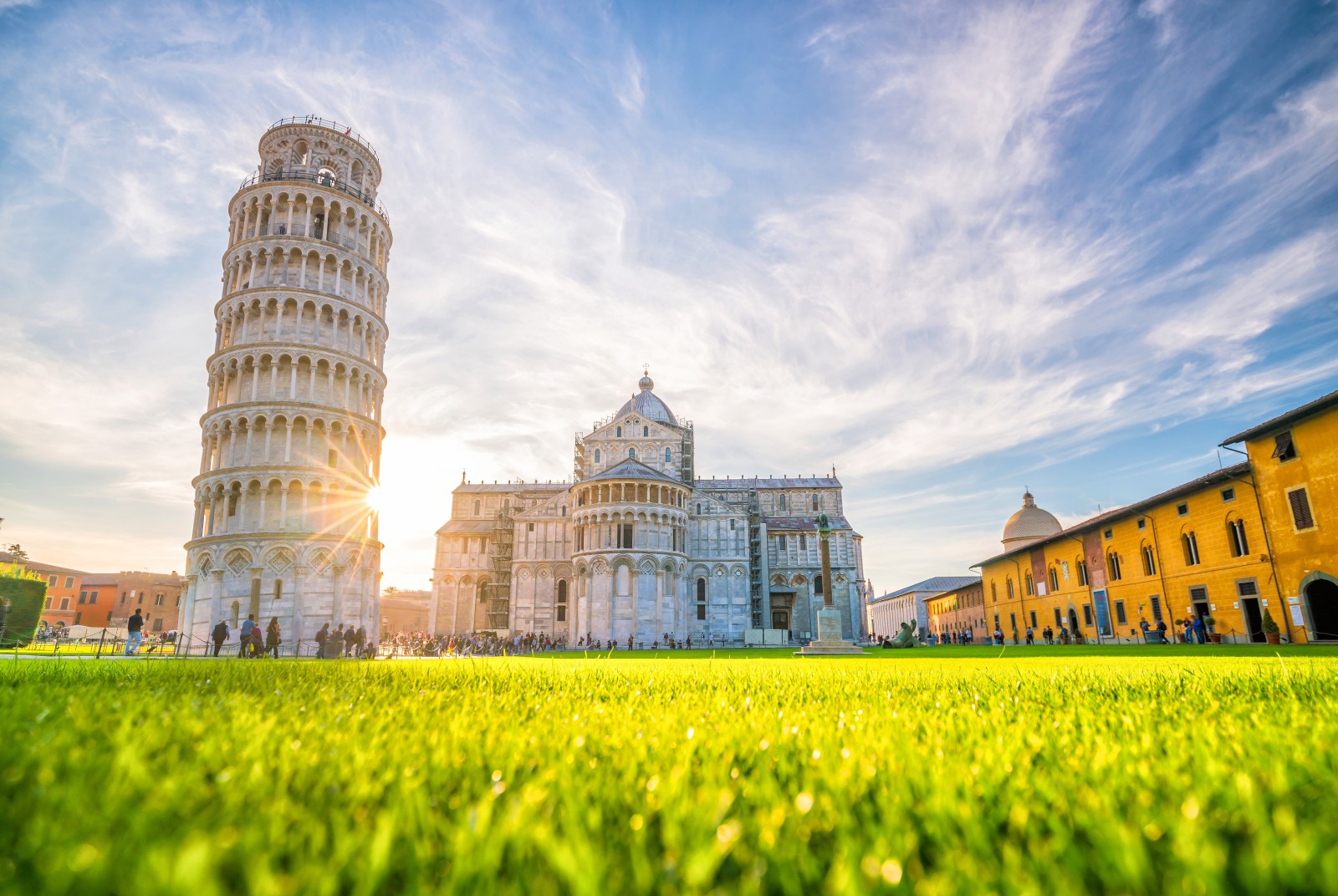
Local Time
- Timezone: America/New_York
- Date: Jun 14 2022
- Time: All Day
14th ESEE Conference: Will Achilles catch up with the tortoise?
In June 1972 the environmental crisis was internationally acknowledged by the first UN conference on the Human Environment in Stockholm. Exactly 50 years will have passed when the Pisa 2022 Conference of European Society for Ecological Economics takes place.
Countless papers, conferences, declarations, and policies have attempted to tackle the issue. While some progress has been achieved, overall environmental degradation has become increasingly alarming.
The system is locked into unsustainable trajectories and policies have not been capable of freeing us from them.
It was not just the Stockholm UN conference that took place at the beginning of the 1970s; in those fruitful times, Georgescu-Roegen gave us an early warning that technology alone cannot solve the situation; rather, we need to curb the huge waste of energy and matter that does not add to our well-being. After fifty years we know he was right, but we remain hesitant.
While it is true moreover that sustainability is seen largely as a concern for the future, it should be noted that this is a distorted interpretation of the UN’s Brundtland report. The focus of the report is stated clearly: it concerns needs, regardless of their temporal dimension. Needs are also central to the Agenda 2030 and to many of its SDGs. Their achievement requires policymakers to abandon the dominant “growth-centric” paradigm and be brave enough to promote the many instances of change that come from engaged civil society.
The Zeno paradox means that movement, and hence change, are not seen as possible. Change is possible and needed, however. The paradox has been solved by a paradigmatic shift. Similarly, attaining sustainability requires a change in the vision of politicians and in the collective imagination.
A Just Transition to the Circular Economy project will be presented in a special session with Emanuele Leonardi from University of Bologna (Italy) and Maddalena Ripa from Autonomous University of Barcelona (Spain).



